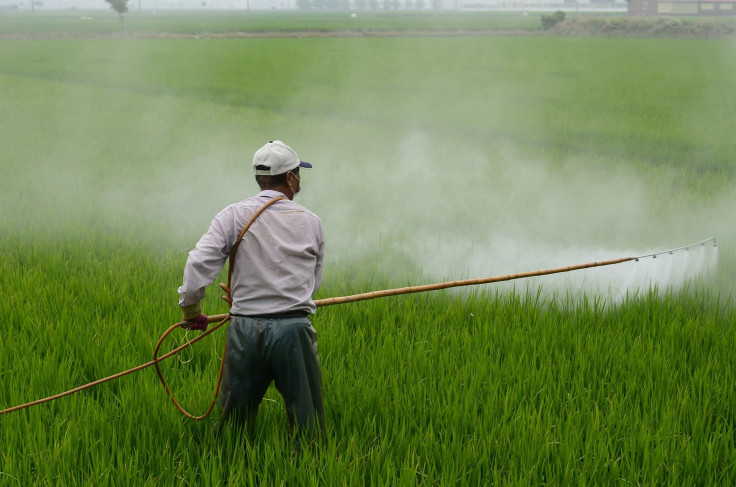Watch: Shocking Mice Plague Takes Over Homes, Farms In Australia
KEY POINTS
- A mice plague continues to ravage farms and communities in eastern Australia
- Farmers are asking the government to provide $25,000 rebates to cover expenses in dealing with the rodents
- Experts are worried about the effects the invasion will have on the mental health of residents
A mice plague continues to ravage eastern Australia as farmers and communities attempt to get government support in dealing with the rodent infestation.
Videos of the invasion showed thousands, if not millions, of the rodents invading farms and homes in New South Wales (NSW).
New South Wales farmers gathered at State Parliament Tuesday and called for the government to provide a $25,000 pesticide rebate to cover the costs of baiting the rodents, 9News reported. No ministers, however, attended the meeting.
The local government is instead offering them workshops on handling the outbreak as it researches new ways to control mice, 7News reported.
The infestation is attributed to flooding that occurred in parts of the state in March, which forced the rodents to head to higher ground. They have since been destroying crops and hay bales in New South Wales and parts of southern Queensland.
A statement from the farmers association New South Wales Farmers released Tuesday said losses of stored grain and fodder accounted for the greatest financial impact to farmers, with a third of participants in a survey estimating they lost between $20,000 and $150,000 due to the plague.
"The survey results also showed that the costs of baiting so far for some exceeds $150,000, with 30% having spent between $20,000 and $150,000 already," NSW Farmers grains committee chair Matthew Madden said in the statement.
Experts are also taking into consideration the toll the mice plague has on the mental health of residents, ABC News reported.
"They're talking about problems sleeping, problems relaxing, financial issues because of the impact of the plague on businesses or on farming practices, and lowered mood," Dr. Gene Hodgins from the School of Psychology at Charles Sturt University was quoted as saying.
"People might say 'they're only mice, what's the big deal?' But in some areas in western New South Wales it's an ongoing, chronic natural disaster," he continued.
NSW Farmers and the Country Women's Association said in another statement released Wednesday that they will keep pursuing their talks with the government.
"(We) will continue to constructively engage with relevant Ministers to encourage a comprehensive whole-of-government response to this complex and stressful human and economic challenge facing many NSW communities," they stated.

© Copyright IBTimes 2024. All rights reserved.





















